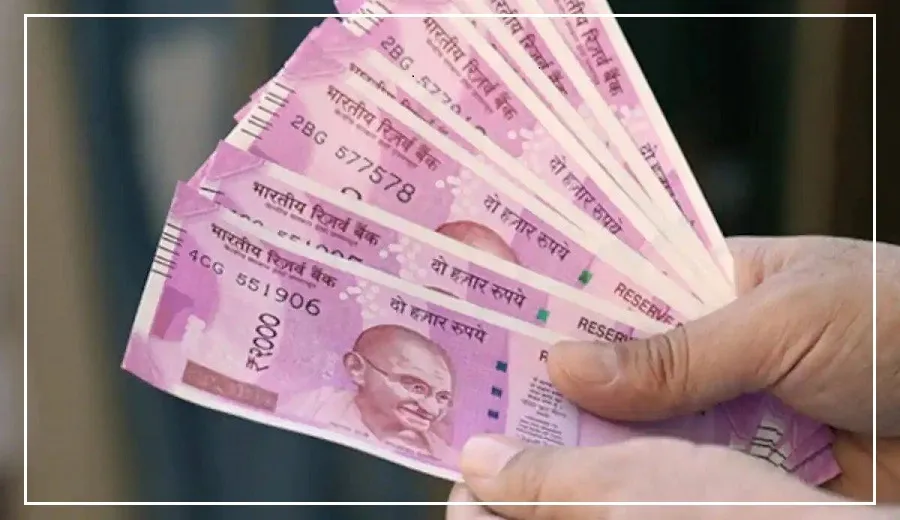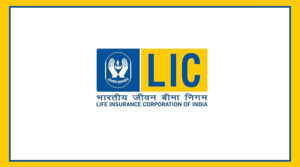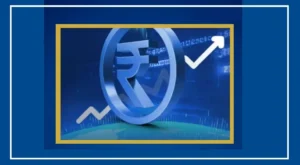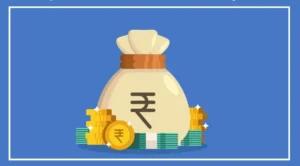In a recent move, the Reserve Bank of India (RBI) has taken the decision to demonetize the Rs 2,000 denomination notes.
However, RBI has provided a window for the public to exchange these notes at banks until September 30, making them legal tender until that date.
With the clock ticking, here’s a comprehensive guide on how to exchange your Rs 2,000 notes before the deadline.
Exchange Process Simplified: To initiate the exchange process, individuals are required to visit their nearest bank branch.
Here’s a step-by-step breakdown:
- Visit Your Bank: Head to your nearest bank branch where you hold an account.
- Fill a Requisition Slip: Request a requisition slip from the bank and duly fill in all the necessary details pertaining to the notes you wish to exchange.
- Submit with Rs 2,000 Notes: Hand over the Rs 2,000 notes along with the requisition slip to the bank officials for the exchange.
- Bank-Specific Process: Keep in mind that the exchange process may slightly vary depending on the specific bank.
- RBI Governor Shaktikanta Das has stated that each bank will follow its own procedures and standards for the exchange of Rs 2,000 notes.
Exchange Limitations: RBI has imposed certain limitations on the exchange of Rs 2,000 notes:
- Maximum Amount: The maximum amount that can be exchanged in one go for a single Rs 2,000 note is limited to Rs 20,000.
- This means that you can exchange up to 10 notes of Rs 2,000 each at one time.
Bank Holidays Alert: To ensure a smooth exchange process, individuals are advised to stay updated with the list of bank holidays.
According to the Reserve Bank of India’s holiday calendar, September will have a total of 16 bank holidays, including Sundays, the second Saturday, and the fourth Saturday, across India.
As a result, you have just 14 working days to exchange your Rs 2,000 notes before the September 30 deadline looms.
Stay informed and make the most of the remaining time to exchange your Rs 2,000 notes as the demonetization deadline approaches.
























